Trust is a big deal, especially after you’ve been hurt. We talk a lot about how humans can betray each other, but it turns out that animals have some pretty interesting things to teach us about rebuilding trust. Animals have their own way of dealing with betrayal and bouncing back, and we could learn a thing or two from them. By observing animals, we might just find some useful lessons to help us navigate our own relationships. So let’s dive into what animals can show us about trusting again after betrayal.
1. Wolves Understand Strength In Unity
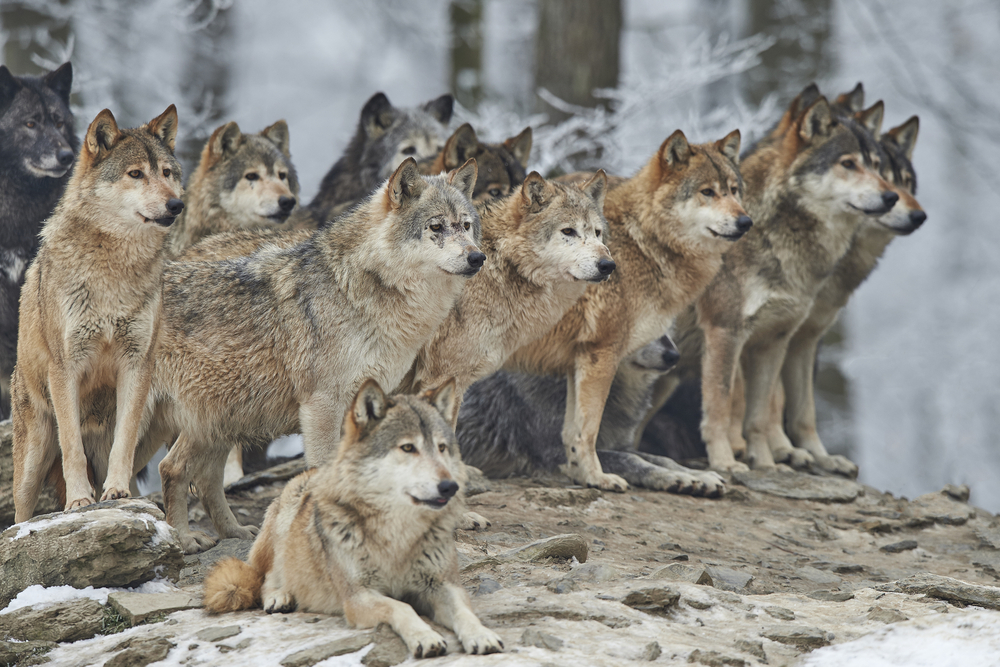
Wolves are known for their pack mentality, showing us that trust is built on strong relationships. Even after a scuffle or a challenge within the pack, wolves prioritize unity and cooperation to survive and thrive. According to research published in the journal “Nature,” wolves will even take care of injured members, showing loyalty and a collective approach to overcoming problems. This behavior highlights the importance of sticking together, even if trust has been shaken. By focusing on the bigger picture, wolves remind us that cooperation can rebuild trust and strengthen bonds over time.
For humans, this can mean looking past individual disagreements and seeing the value in maintaining a united front. When trust is broken, it might be tempting to isolate yourself or cut ties completely. However, like wolves, focusing on the benefits of staying connected can lead to more resilient relationships. Building trust is often about forgiving small mistakes and choosing to work together despite past grievances. Wolves remind us that sometimes the pack is stronger than the lone wolf.
2. Dogs Show Unconditional Forgiveness
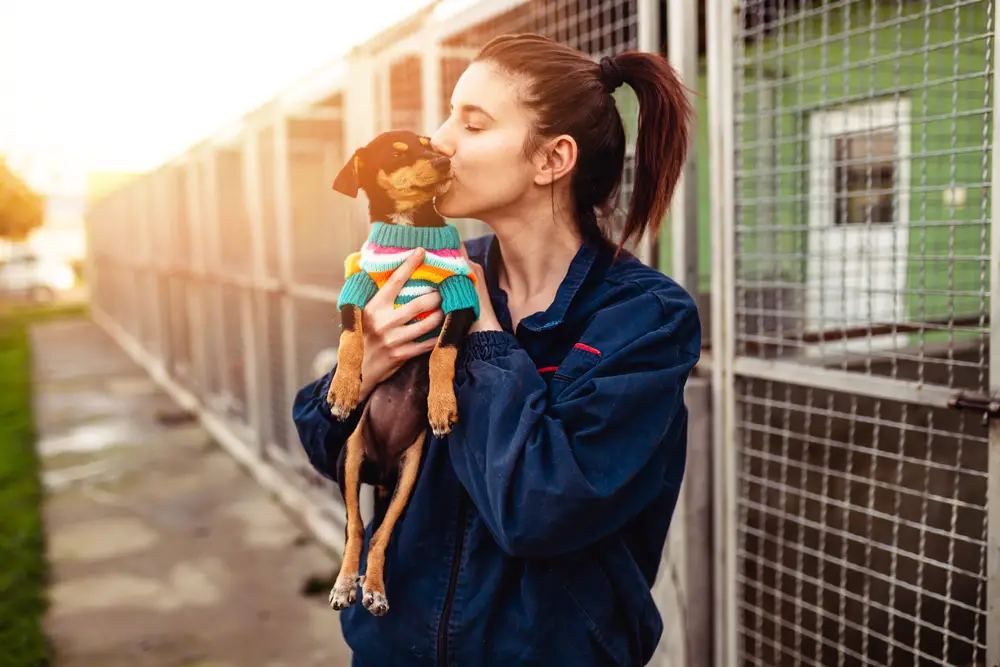
Dogs have an incredible ability to forgive and move on, even after being mistreated. This doesn’t mean they forget what happened, but they choose to focus on the positive interactions that follow. They show us that forgiving doesn’t erase the past; it simply helps us not be held captive by it. A dog will often return to their owner and trust again, hoping for better treatment and more positive experiences. This kind of resilience is a powerful lesson in not letting past betrayals dictate future relationships.
For people, adopting a dog’s mindset means allowing yourself to be open to new experiences, even if you’ve been hurt before. Holding onto grudges or constantly revisiting past betrayals only serves to keep you stuck. By letting go of the need for constant payback or justification, you make room for positive interactions to rebuild trust. Dogs remind us that life isn’t perfect, but choosing to focus on the good can pave the way for healing and stronger relationships. The key takeaway is to forgive, but with the awareness that trust needs to be gradually earned back.
3. Elephants Remember But Also Rebuild
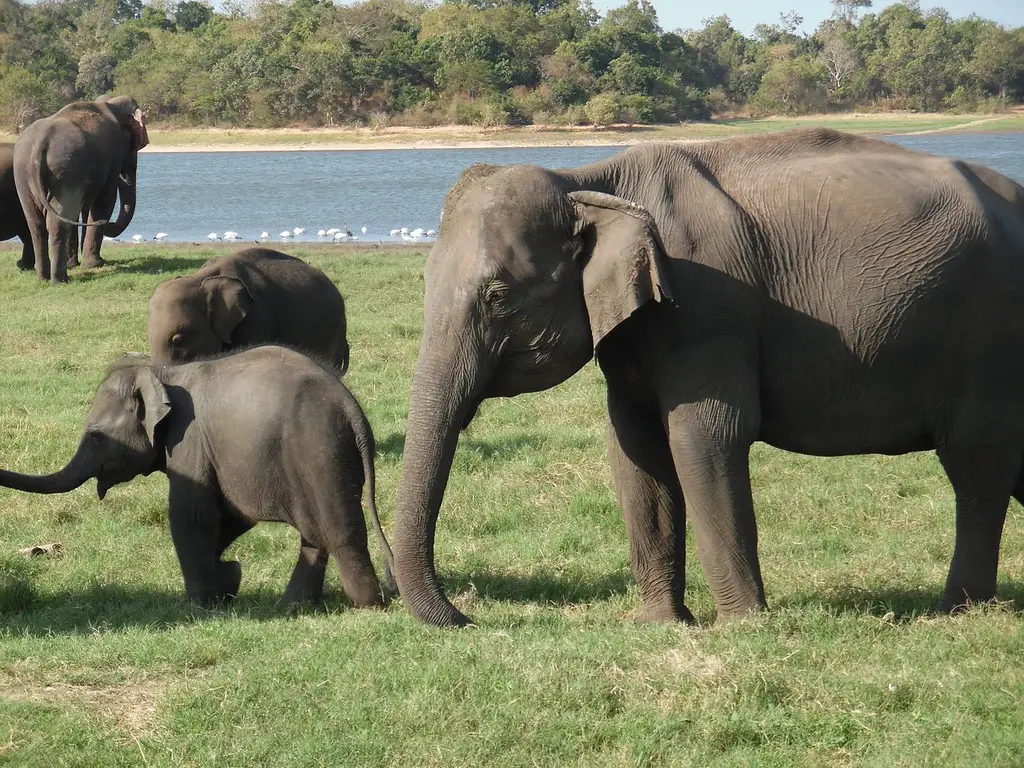
Elephants are renowned for their powerful memories, which can be both a blessing and a challenge when it comes to trust. They don’t easily forget a betrayal, but they’re also capable of rebuilding relationships over time. Research by wildlife ecologist Cynthia Moss shows that elephants can recognize old allies and form new bonds, demonstrating their ability to balance memory with forgiveness. Elephants’ approach is about acknowledging the past but not letting it prevent future connections. They show us that it’s possible to remember wrongs while still giving people a second chance.
For humans, this means finding a balance between remembering past lessons and being open to rebuilding trust. It’s okay to acknowledge the hurt and carry that wisdom forward, but it shouldn’t stop you from forming new relationships or mending old ones. Elephants teach us that long-term relationships often involve ups and downs, and staying open to reconciliation can lead to stronger connections. By valuing both memory and forgiveness, we can build deeper and more resilient relationships. The elephant’s way is about being wise and hopeful at the same time.
4. Birds Value Communication Over Conflict
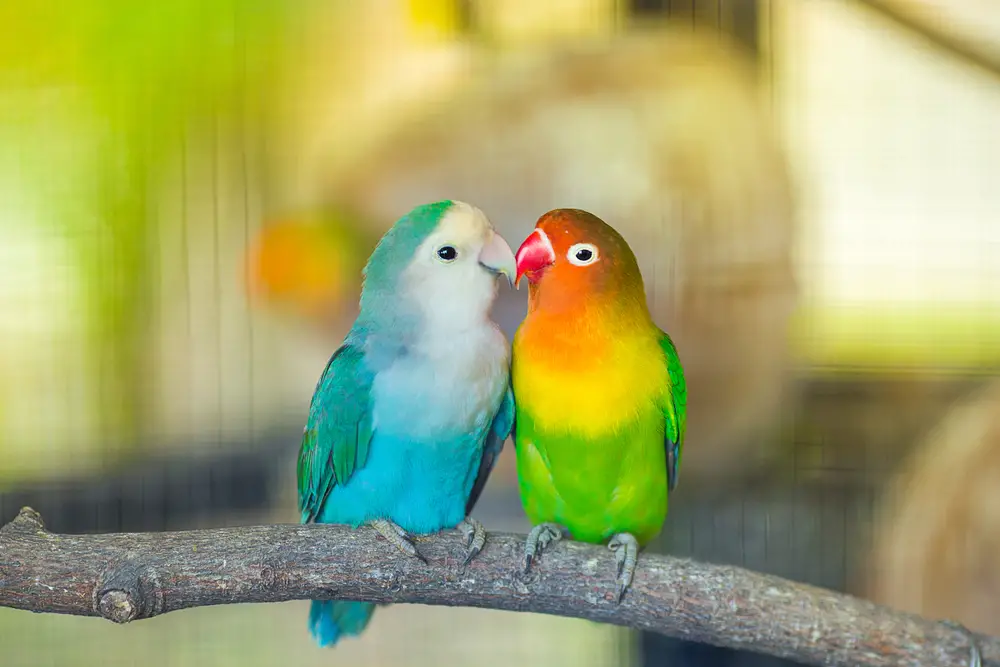
Birds have a unique way of dealing with conflict that involves a lot of communication. They often use calls, songs, and gestures to resolve their disputes and rebuild trust within their flocks. This focus on talking it out instead of jumping into conflict can teach us the value of openly communicating our feelings and intentions. Birds show that even if things get tense, a little patience and understanding can go a long way in maintaining harmony. They remind us that talking things through can prevent misunderstandings and foster trust.
For humans, this means prioritizing communication over silence or avoidance when trust has been broken. By expressing your feelings and listening to the other person, you create space for understanding and healing. It’s easy to misinterpret actions or words when you’re hurt, but open dialogue can clear the air and set the foundation for rebuilding trust. Birds teach us that being vocal, even when it’s difficult, can prevent small issues from growing into unmanageable conflicts. In the end, communication is a powerful tool for repairing trust.
5. Dolphins Show Empathy And Support

Dolphins display an incredible level of empathy, often seen helping injured or distressed members of their pods. This behavior demonstrates that trust can be nurtured through empathy and support, even after a member of the pod has been hurt. According to marine biologist Denise Herzing, dolphins use a mix of vocalizations and body language to comfort and support each other, showing the importance of empathy in maintaining trust. Their example shows us that offering support and understanding can help mend broken bonds. Dolphins teach us that showing empathy strengthens trust and relationships.
For humans, this means going beyond words and offering genuine support when rebuilding trust. It’s about being there for someone without expecting anything in return and letting your actions speak louder than words. When trust is broken, offering empathy and understanding can show the other person that you’re committed to making things better. Dolphins encourage us to be more compassionate and supportive, reminding us that genuine care can bridge even the widest gaps. In the end, empathy is a key ingredient in the recipe for trust.
6. Cats Teach Us About Personal Boundaries

Cats are known for being a bit more reserved and independent, and they often set clear boundaries with those around them. This behavior reminds us that trust isn’t just about being open and forgiving; it’s also about respecting personal space and boundaries. Cats show that sometimes taking a step back is necessary to protect yourself and maintain your well-being. They demonstrate that setting boundaries doesn’t mean you don’t trust someone; it means you value your own needs and limits. By maintaining boundaries, cats keep their relationships balanced and respectful.
For humans, this means understanding that it’s okay to set and communicate your boundaries after trust has been broken. You don’t have to be completely open or vulnerable to rebuild trust; sometimes, it’s about protecting yourself first. By clearly communicating your boundaries, you set the stage for healthier and more respectful interactions. Cats teach us that trust is a two-way street, and respecting boundaries is just as important as being open to reconciliation. In the end, a balance of boundaries and openness can lead to stronger relationships.
7. Bees Show Collective Responsibility
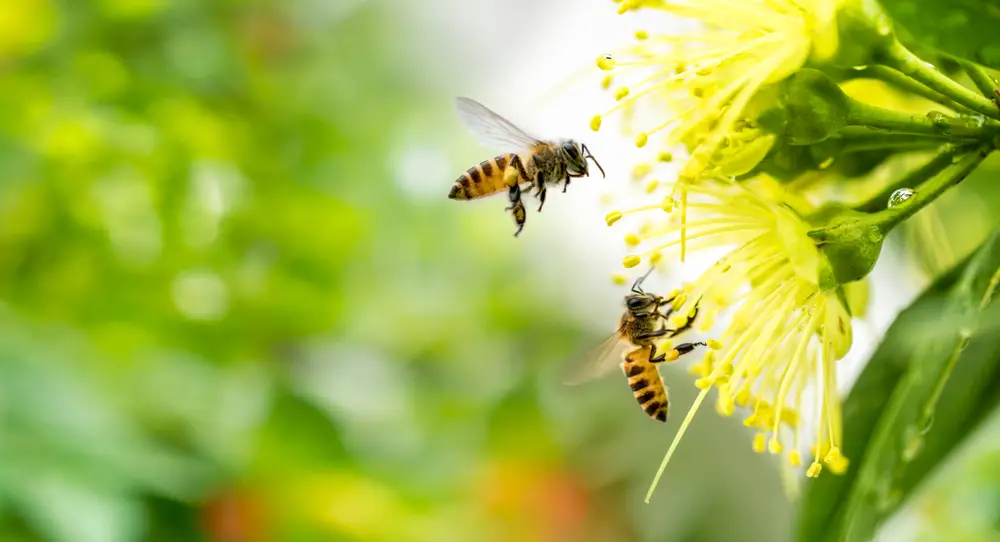
Bees have a highly organized social structure where every member has a role to play, and they rely on each other for the success of the hive. This sense of collective responsibility teaches us the importance of everyone doing their part to maintain trust and harmony. Biologist Thomas Seeley has studied bees extensively and notes that their decision-making process is a group effort, relying on the input and cooperation of all members. This approach shows us that rebuilding trust is everyone’s responsibility, not just those directly involved in the betrayal. Bees remind us that collective effort can rebuild and maintain trust.
For humans, this means understanding that while one person may have broken trust, everyone involved plays a role in rebuilding it. It’s about creating a supportive environment where everyone is committed to healing and moving forward. By working together and recognizing that each person contributes to the relationship’s success, trust can be rebuilt more effectively. Bees teach us that everyone has a part to play in maintaining a harmonious and trusting relationship. In the end, collective effort creates a strong foundation for trust to thrive.
8. Horses Value Consistent Leadership
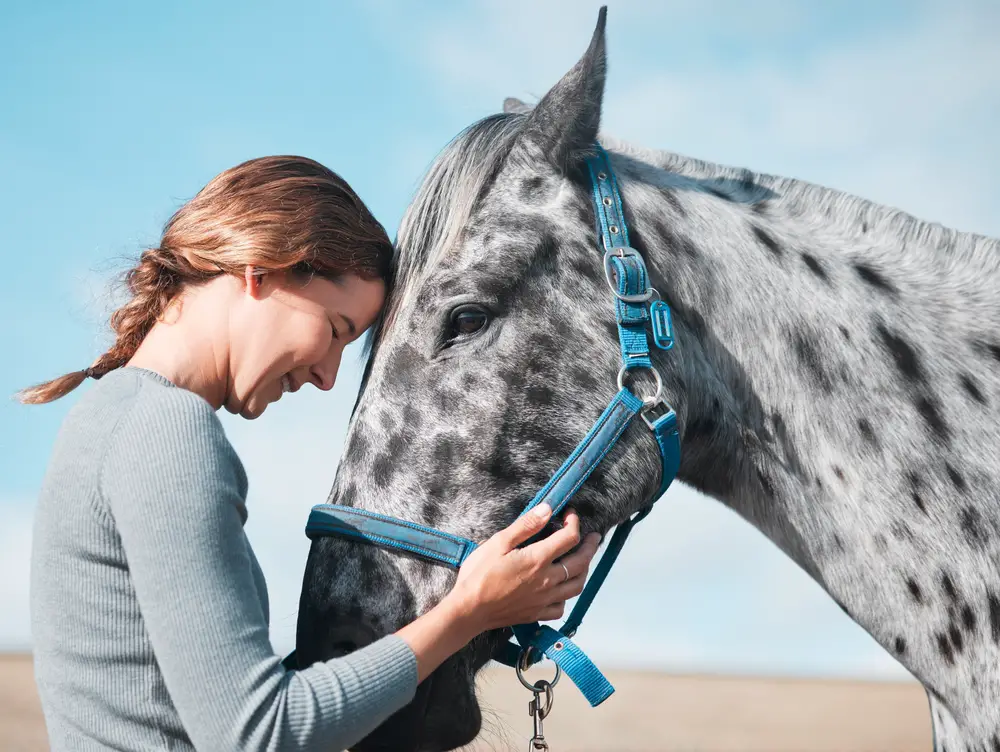
Horses are social animals that thrive in environments where there is consistent and fair leadership. Trust is built when they know what to expect and can rely on the steadiness of their leader. Horses show us that trust isn’t just about forgiveness or second chances; it’s about consistency and reliability. They are more likely to trust handlers who provide clear and consistent cues, making them feel safe and secure. This teaches us that being steady and reliable in our actions is crucial for rebuilding trust.
For humans, this means demonstrating consistency in words and actions to earn back trust. It’s about being a reliable presence in someone’s life and showing them that they can count on you. Consistency helps to rebuild the foundation of trust because it lets the other person know you’re committed to making things right. Horses remind us that trust isn’t rebuilt overnight; it takes time and repeated positive experiences. By being consistent, you demonstrate your commitment to being trustworthy again.
9. Fish Show Us The Power Of Adaptability

Fish, especially those that live in schools, show incredible adaptability and flexibility in their social interactions. They can quickly adjust to changes in their environment or social structure, teaching us the value of adaptability in rebuilding trust. When a leader fish is removed, others can take its place, showing resilience and the ability to reorganize for the good of the group. Fish remind us that sometimes rebuilding trust requires changing our approach and adapting to new circumstances. Their adaptability shows that flexibility is key in overcoming challenges.
For humans, this means being willing to adapt and change your perspective when working to rebuild trust. If old methods aren’t working, it’s okay to try new strategies and approaches. Fish teach us that rigidity can hinder progress, while adaptability can open doors to new possibilities. By being open to change, you create an environment where trust can be rebuilt and relationships can flourish. In the end, flexibility and adaptability are powerful tools for overcoming the challenges of broken trust.
10. Monkeys Display The Importance Of Social Bonds
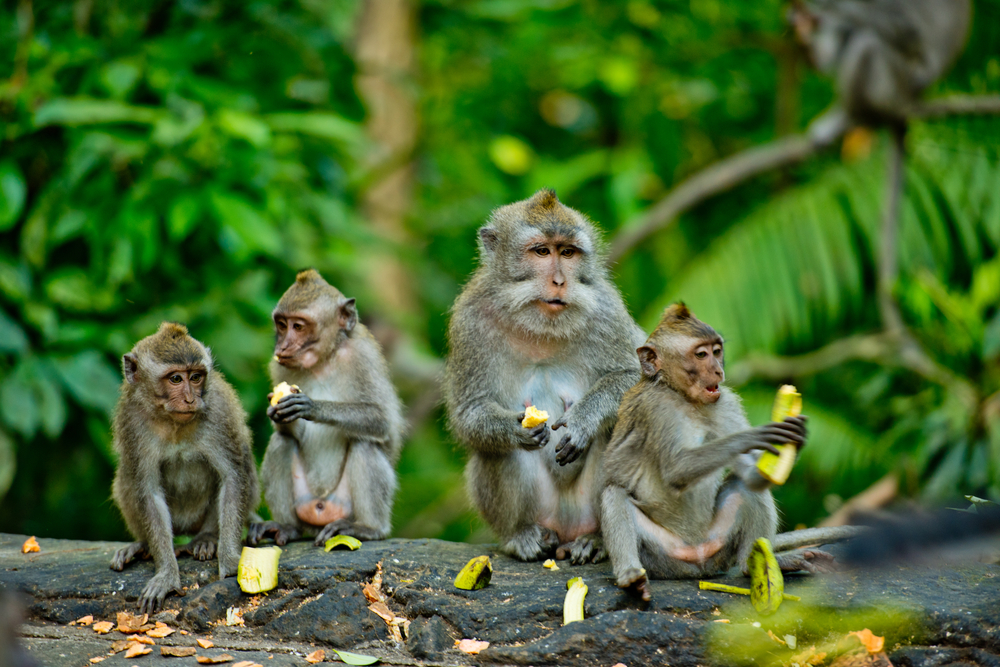
Monkeys have complex social structures and place a high value on maintaining social bonds within their groups. They often engage in grooming and other social activities to reinforce relationships and build trust. This focus on social bonds teaches us the importance of nurturing relationships to maintain trust. Even after conflicts, monkeys will work to restore harmony and reaffirm their connections with one another. They remind us that trust is built not just on resolving conflict, but on continually nurturing and investing in the relationship.
For humans, this means actively working to maintain and strengthen your relationships, even after trust has been broken. It’s about making time for the people who matter to you and showing them that you care. Monkeys teach us that trust isn’t a one-time achievement; it’s something that needs ongoing attention and effort. By prioritizing social activities and ensuring that your relationships are healthy, you create a strong foundation for trust. In the end, a focus on building and maintaining strong bonds can help overcome the challenges of broken trust.
11. Penguins Demonstrate Partnership And Loyalty
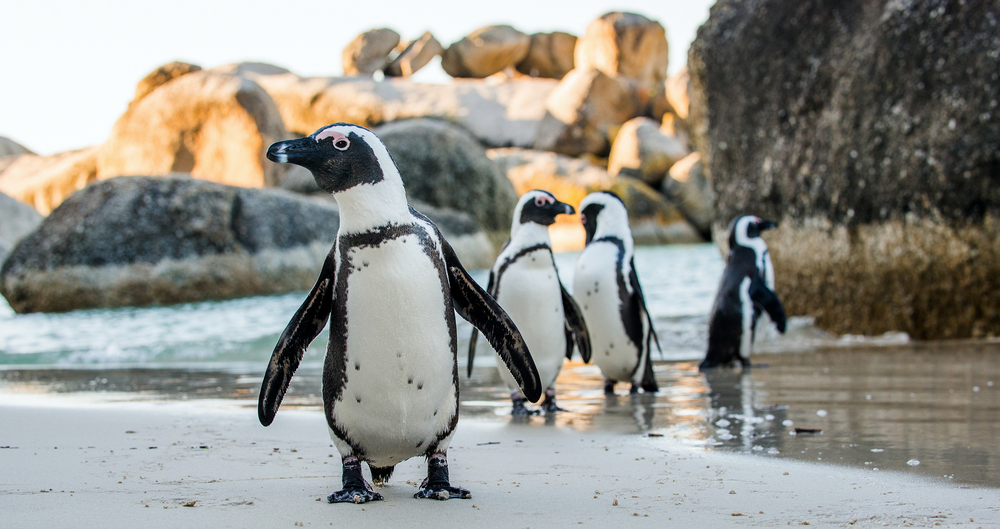
Penguins are known for their strong pair bonds and loyalty to their partners, often staying together through harsh conditions. They show us that trust is rooted in partnership and standing by each other through thick and thin. Penguins endure challenging environments, and their unwavering support for each other teaches us the value of loyalty in rebuilding trust. Their behavior reminds us that being a dependable partner is crucial for maintaining trust over time. When trust is broken, demonstrating loyalty and commitment to the relationship can help mend the divide.
For humans, this means showing that you’re willing to stick it out, even when the going gets tough. Rebuilding trust requires demonstrating that you’re in it for the long haul and are committed to making the relationship work. Penguins teach us that loyalty isn’t just about being there when things are good; it’s about being present when things are difficult. By showing that you’re ready to weather the storm, you reinforce that you’re a trustworthy partner. In the end, loyalty and commitment are vital for rebuilding and maintaining trust.
12. Ants Exhibit The Value Of Teamwork
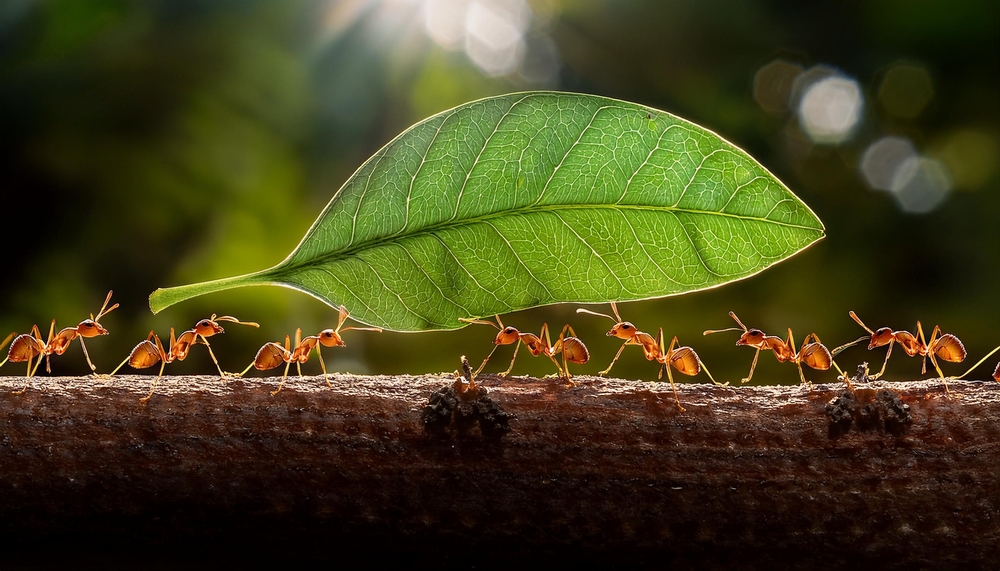
Ants are known for their strong sense of teamwork and collaboration, working together to achieve common goals. This collective effort shows us the importance of working together to rebuild trust and achieve harmony. Ants demonstrate that when everyone contributes, even the most challenging tasks become manageable, and trust can be restored more quickly. Their example highlights the power of teamwork in overcoming obstacles and building a strong foundation for trust. When trust has been broken, working together toward a common goal can create a path to healing.
For humans, this means recognizing that rebuilding trust often requires the effort and cooperation of everyone involved. It’s about coming together as a team to address the issues and find solutions that work for everyone. Ants teach us that unity and cooperation make even the most daunting tasks more achievable. By approaching trust as a team effort, you foster an environment of support and encouragement. In the end, teamwork is a powerful force for rebuilding trust and creating lasting bonds.
13. Lions Show The Importance Of Protecting The Pride
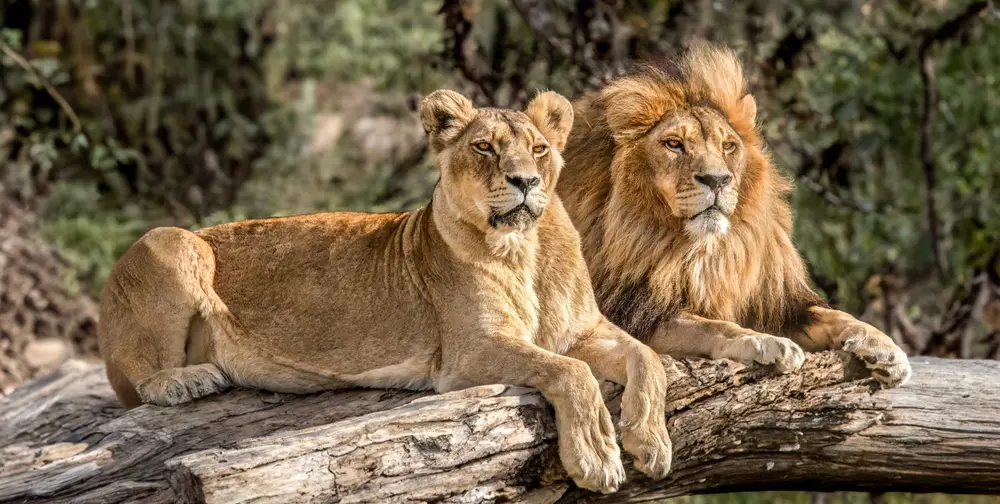
Lions are fiercely protective of their pride, emphasizing the importance of safeguarding their relationships and territory. This protective nature teaches us that trust involves looking out for one another and ensuring everyone’s safety and well-being. When a threat arises, lions band together to defend their pride, showing solidarity and commitment to each other. They remind us that protecting what we value is crucial for maintaining trust and stability. For humans, this means being proactive in safeguarding your relationships and standing up for the people you care about.
For humans, protecting the pride means being vigilant about the influences and issues that can damage trust. It’s about being aware of potential threats to your relationship and addressing them before they become significant problems. Lions teach us the importance of being watchful and ready to defend the bonds we’ve worked to build. By being protective, you demonstrate that you value and prioritize the relationship, reinforcing trust. In the end, a proactive approach to safeguarding relationships can help maintain and rebuild trust over time.
